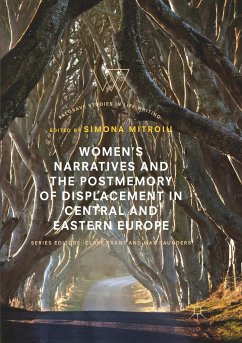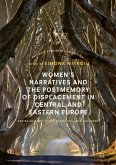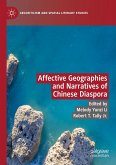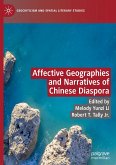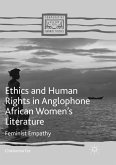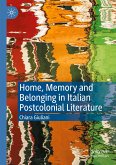This volume explores the different mechanisms and forms of expression used by women to come to terms with the past, focusing on the variety and complexity of women's narratives of displacement within the context of Central and Eastern Europe. The first part addresses the quest for personal (post)memory from the perspective of the second and third generations. The touching collaboration established in reconstructing individual and family (post)memories offers invaluable insights into the effects of displacement, coping mechanisms, and resilience. Adopting the idea that the text itself becomes a site of (post)memory, the second part of the volume brings into discussion different sites and develops further this topic in relation to the creative process and visual text. The last part questions the past in relation to trauma and identity displacement in the countries where abusive regimes destroyed social bonds and had a lasting impact on the people lives.
"This collaborative project will encourage other researchers interested in the history of population displacement and its effects on the formation of identities in postsocialist and postcolonial societies." (Tomas Balkelis, Biography, Vol. 42 (4), 2019)
"The present volume proposes a large variety of approaches to the politics of memory in Central and Eastern Europe, contributing with valuable insights on roots and routes of the past. Personal stories are intertwined with academic writing in comprehensible and conscious research, not losing sight of the structures of remembering because identity defines the next generations and could be easily manipulated." (Maria Farâma, Metacritic Journal for Comparative Studies and Theory, Vol. 5 (1), July, 2019)
"The present volume proposes a large variety of approaches to the politics of memory in Central and Eastern Europe, contributing with valuable insights on roots and routes of the past. Personal stories are intertwined with academic writing in comprehensible and conscious research, not losing sight of the structures of remembering because identity defines the next generations and could be easily manipulated." (Maria Farâma, Metacritic Journal for Comparative Studies and Theory, Vol. 5 (1), July, 2019)

